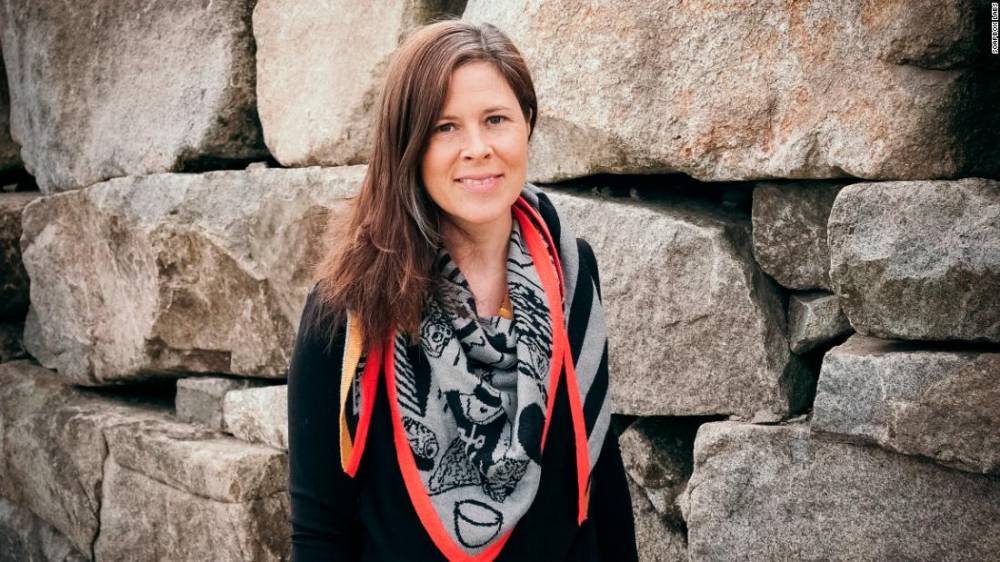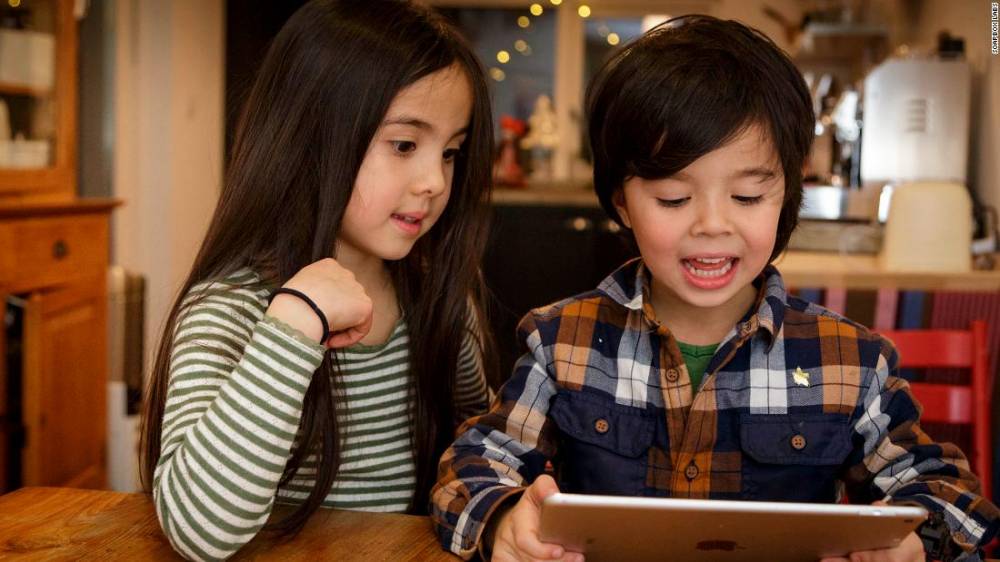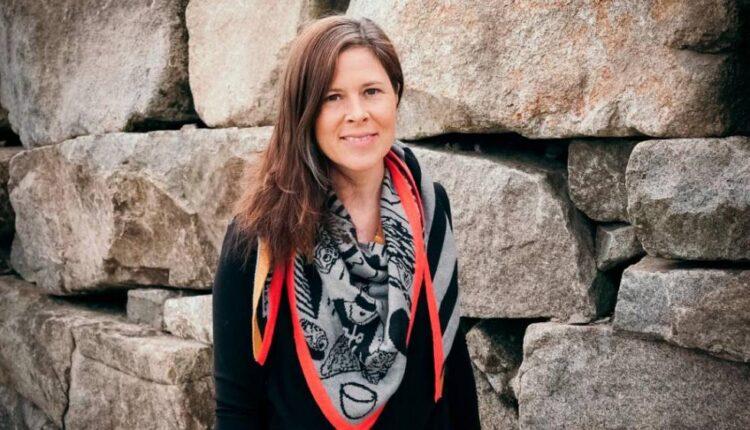(CNN Business)If you mention “voice technology,” most people think of Amazon’s Alexa, Apple’s Siri or Microsoft’s Cortana.
While personal artificial intelligence (AI) assistants are becoming increasingly integrated in our everyday lives, they are just one use of voice tech — and are primarily designed for adults.Irish tech startup SoapBox Labs wants that to change. The Dublin-based firm has developed speech recognition technology designed specifically for children — and it’s already in use across a range of applications, from toys to education apps.
Children’s voices differ to that of adults, explains Patricia Scanlon, SoapBox founder and executive chair. Typically, they have a higher pitch or use different language or speech patterns, which regular voice technology cannot always pick up on, she says.
It’s understandable that “an industry that has spent decades working on technology and only focusing on adults … runs into a fairly significant problem when they try to apply children to it,” she tells CNN Business.

Patricia Scanlon set up SoapBox Labs in 2013, after completing a PhD in speech recognition and machine learning.Read MoreRather than tweaking the available voice technology already on the market, SoapBox built its voice engine from scratch — focusing on children aged two to 12. The company says it created a data set to train its AI system, made up of thousands of hours of children’s speech collected in real-world noisy environments — kitchens, classrooms and cars — from kids of all ages, accents and dialects, hailing from a total of 192 countries.”A system like ours is very bespoke and focused on getting high accuracy and age-appropriate responses for children,” says Scanlon.
Educate or play
This opens up a whole new market, for which there’s growing demand. More than 8 billion digital voice assistants are expected to be in use by 2024, up from 4 billion in 2020, and there is an increased focus on adapting the tech for children. In 2020, Amazon launched the next generation of the Echo Dot Kids Edition, its child-focused Alexa device.SoapBox, which is selling a technology rather than a consumer product, has raised more than $12 million in funding since its founding in 2013 and has attracted more than 50 clients from around the world. The company says it falls into two categories: “educate” and “play.”The technology can help a child learn to read or learn a language, says Scanlon. It acts as the “helpful adult,” responding immediately to the child and giving them one-on-one time, and it can also help to record a child’s progress and provide feedback to a teacher or parent, she adds.

An Irish startup can work out your carbon footprint from your grocery receiptSoapBox has secured partnerships with online education companies such as New York-based firm Amplify, the Florida Center for Reading Research and Lingumi, a UK-based English learning app.The technology is also being used by toy developers and gaming companies that want to create voice-enabled toys that can chat to the child, or immersive virtual or augmented reality experiences.

The SoapBox voice technology is used in smart devices, for both education and entertainment purposes.Lynne Hall, professor of computer science at the University of Sunderland in the UK, agrees that the potential for children’s voice technology is “considerable”.It offers an additional learning channel and “endless access to facts and skills,” says Hall, who envisages it being used in the classroom to provide additional support for teaching. “Adding voice recognition to engage with screen-based experiences is likely to be an effective approach,” she says.Scanlon believes it will also increase engagement, be it in education or games. “When children interact with this technology, there’s a magic that happens and a level of engagement that increases,” she says. “[They feel like they are] being heard by the technology.”
Protecting privacy
One major challenge with developing voice technology for kids is gaining the trust of parents, especially on privacy, says Andy Robertson, author of “Taming Gaming,” a book about video games for parents. But he believes SoapBox is taking the right approach.

Powdered bones are keeping Solar Orbiter cool thanks to an Irish startup”[It’s] ticking the right boxes for parents,” says Robertson. “It’s built for children rather than taking a product for adults and then tweaking it for kids. This means that they have the chance of ensuring good compliance with important regulations (such as the Children’s Online Privacy Protection Rule in the US or the EU’s General Data Protection Regulation for kids) for interacting with children.”
SoapBox says it does not identify users within its system and its voice data is never shared with, or sold to, third parties — nor is it used to support marketing and advertising activities.”We respect the digital privacy rights of kids, which are very different to that of adults,” says Scanlon.
Source: edition.cnn.com

